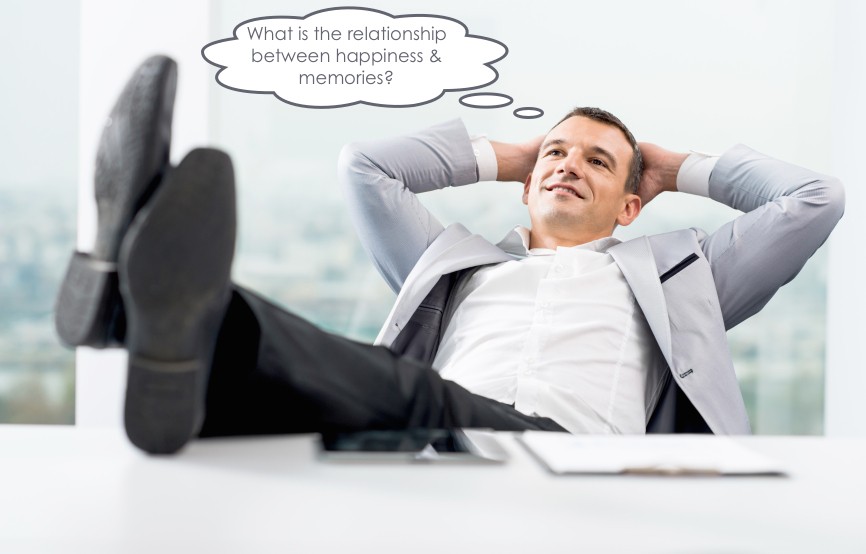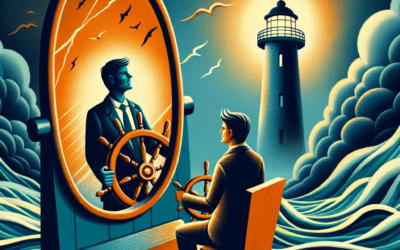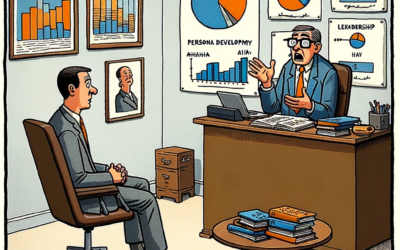
The Relationship Between Happiness and Memory
Daniel Kahneman, Nobel Laureate and founder of behavioral economics, says that we have two selves: our experiencing self and our memory self. Our experiencing self likes to be happy in the moment—with people we like, in a comfortable environment, and engaging in fun activities. Our memory self is more interested in goal attainment than comfort and familiarity; it seeks out experiences that make for good, memorable stories.
Our memory selves are more complex and unpredictable than our experiencing selves for these four reasons:
- Our memory selves can refashion painful experiences into a larger, happy narrative. We can be happy, in other words, for having made it through a series of challenging times or one particularly challenging moment.
- Only a very small portion of our experiences are recorded in memory. As a result, our memories might not necessarily reflect the balance of happiness and misery we’ve had over time.
- The ending of events tend to carry greater influence on our memory than other parts of the experience. If the event ends well, we’re more apt to remember it positively. If it ends poorly, chances are it will leave a negative imprint.
- We make decisions based not on past experiences, but on our memories of them (which aren’t always accurate, for reasons just enumerated).



